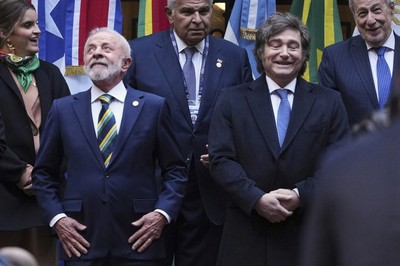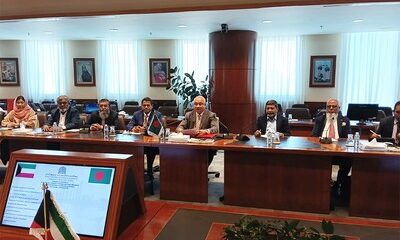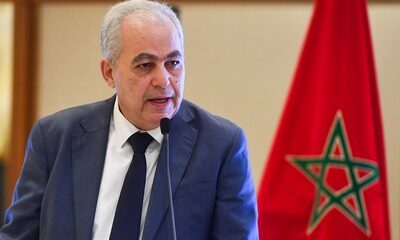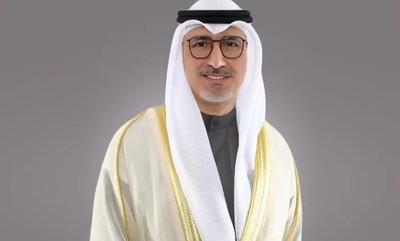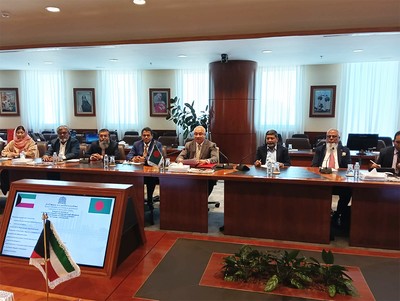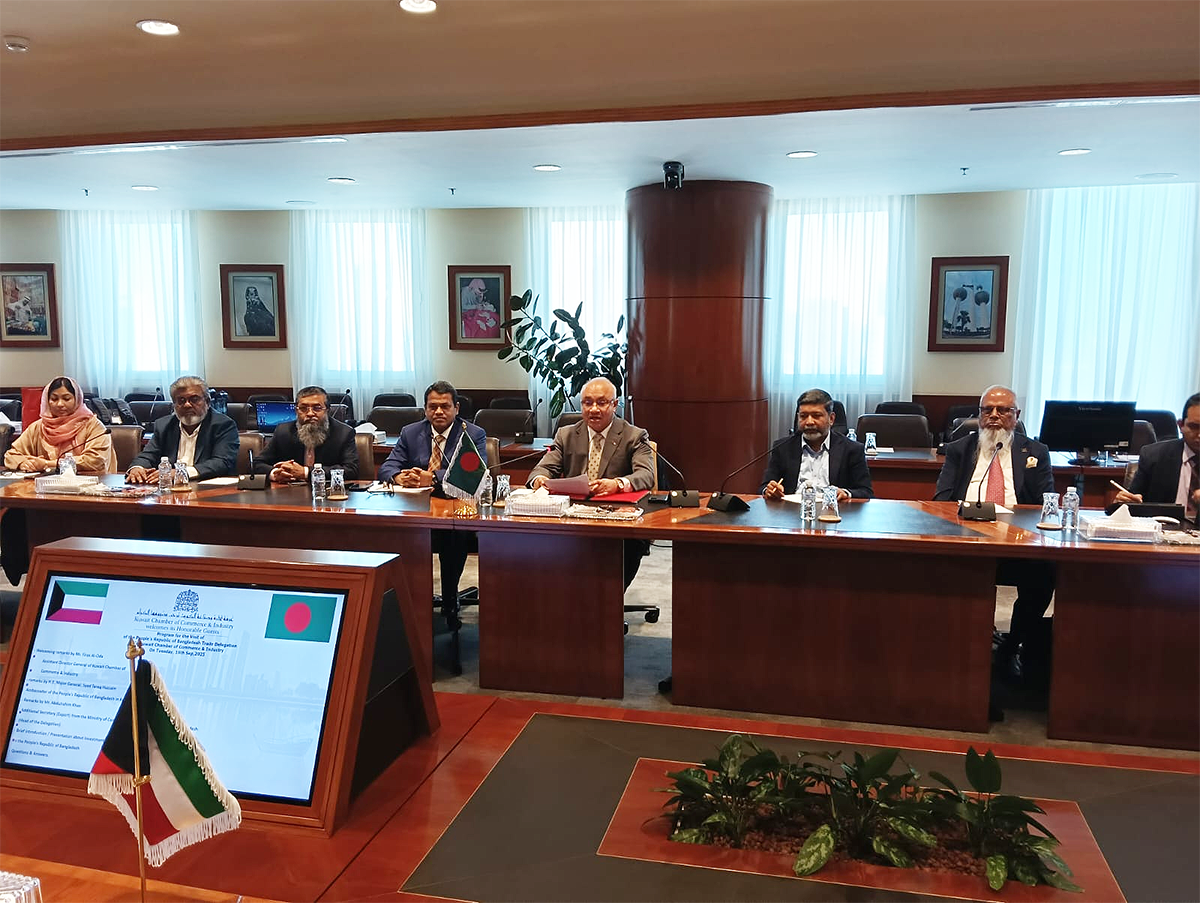KUWAIT CITY, Sept 16: A Bangladeshi delegation led by His Excellency Sayed Tariq Hussain, Ambassador of Bangladesh to Kuwait, held a meeting on Tuesday, September 16, at the Kuwait Chamber of Commerce and Industry (KCCI).
The meeting was attended by Assistant Director General at KCCI, Feras Muhammad Al-Oudah, along with several senior officials and representatives from private sector companies.
Al-Oudah welcomed the delegation and praised the strong and friendly relations between Kuwait and the Republic of Bangladesh. He expressed KCCI’s interest in further developing cooperation with Bangladesh in the areas of trade, commercial exchange, and investment.
He noted that the Bangladeshi delegation included senior officials from the Ministry of Commerce and Industry as well as representatives from various sectors, including food, textiles, pharmaceuticals, healthcare, and more.
Al-Oudah highlighted that trade volume between Kuwait and Bangladesh increased from approximately $19.9 million in 2014 to nearly $42.2 million in 2023.
He expressed hope that the meeting would yield fruitful outcomes and contribute to achieving KCCI’s goal of boosting commercial ties with countries around the world.
Al-Oudah reaffirmed KCCI’s commitment to strengthening cooperation with Bangladesh in trade, commerce, and investment.
For his part, the Ambassador of Bangladesh to Kuwait, H.E. Sayed Tariq Hussain, expressed pride in the strong and long-standing relations between his country and Kuwait, emphasizing his desire to advance economic cooperation.
He explained that a cooperation agreement was signed between Bangladesh and Kuwait in 2016; however, no follow-up meetings had been held since then. However, Bangladesh is now taking the initiative, with the meeting on Tuesday being just the beginning, which he hopes will lead to the signing of multiple agreements in the near future.
The ambassador highlighted the vast investment and trade opportunities in Bangladesh, which is undergoing rapid development, particularly in sectors such as industry, artificial intelligence (AI), information technology (IT), pharmaceuticals, ready-made garments, and natural gas.
He explained that Bangladesh is taking serious steps to attract foreign investment, including facilitating procedures and offering a one-stop service window for investors to complete all official processes. In addition, a wide range of online services is now available to facilitate investment.
The ambassador concluded by expressing his country’s ambition to significantly increase commercial cooperation with Kuwait, from the current volume of a few million U.S. dollars to several billion in the coming years.
The Bangladeshi delegation included senior officials from the Ministry of Commerce and the Ministry of Foreign Affairs, as well as a number of prominent businessmen.
By Saeed Mahmoud Saleh
Al-Seyassah/Arab Times Staff
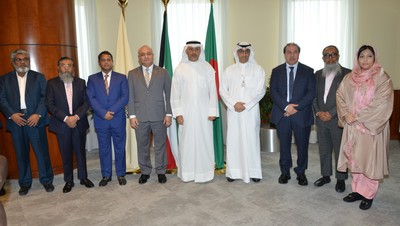
 Business23 hours ago
Business23 hours ago
 Business15 hours ago
Business15 hours ago
 Business15 hours ago
Business15 hours ago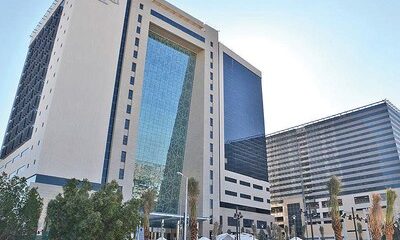
 Politics19 hours ago
Politics19 hours ago
 Latest News19 hours ago
Latest News19 hours ago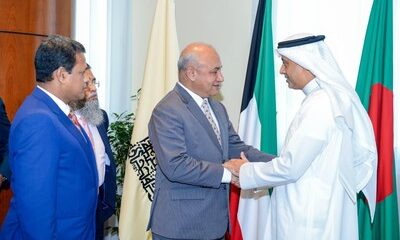
 Business18 hours ago
Business18 hours ago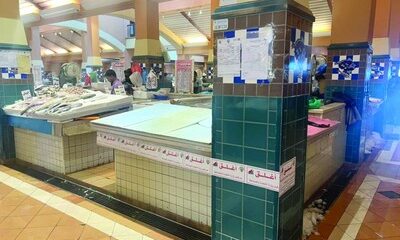
 Politics15 hours ago
Politics15 hours ago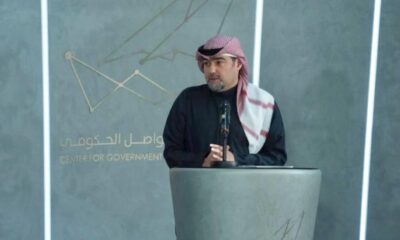
 Latest News15 hours ago
Latest News15 hours ago
